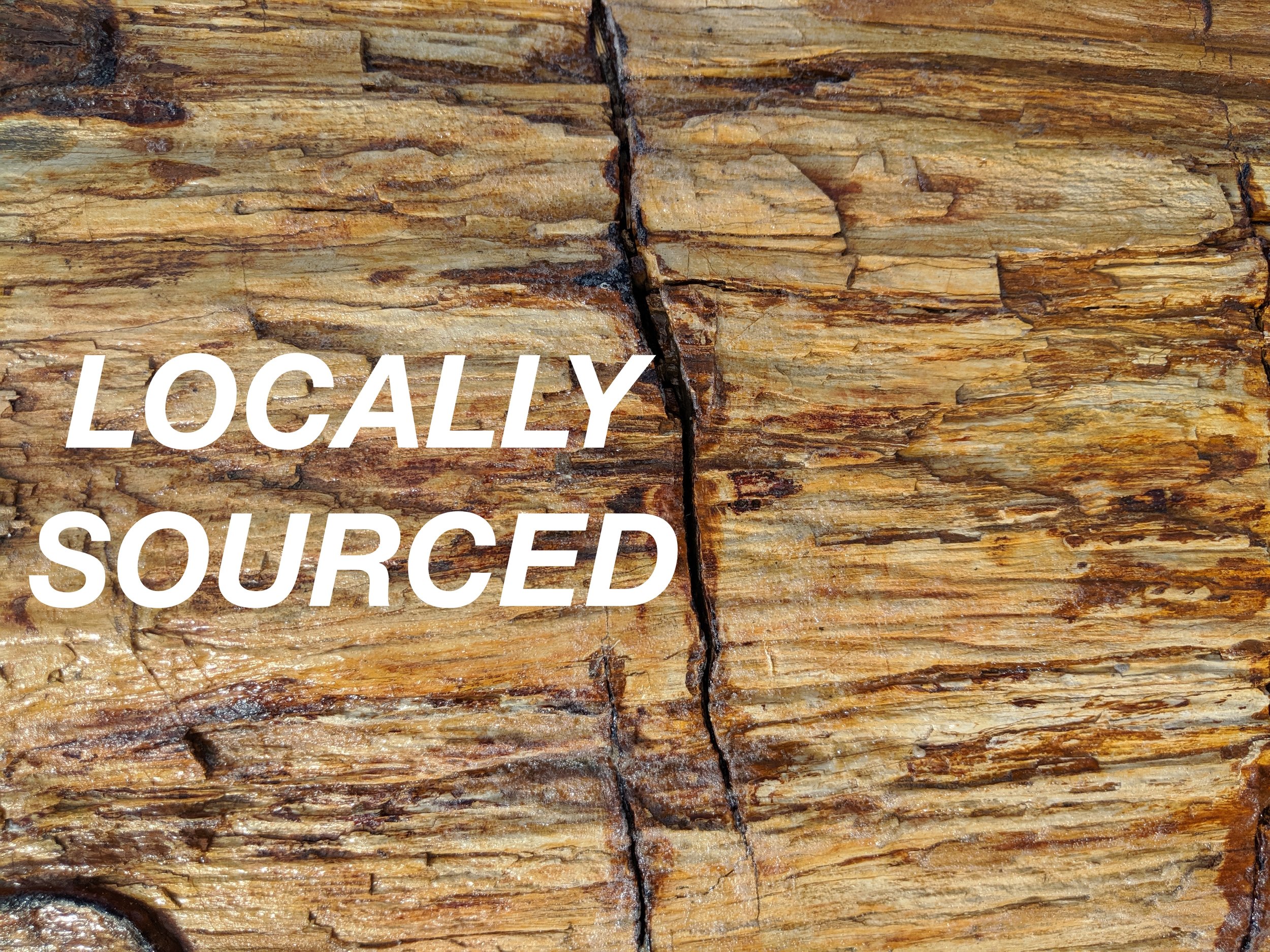Komitas Vartabed: Armenian Folk Songs
Joseph Haydn: String Quartet Op. 64 No. 2
Paul Wiancko (b. 1983): LIFT
For Aizuri Quartet’s Weill Hall debut, we are excited to share a program of wide-ranging and “Locally Sourced” musical inspiration and exploration. Each of the composers featured tonight used the powerful connections they felt to their environment, their world, and their time to create personal stories and vivid sound worlds. We open our program with a collection of songs by Komitas Vartabed, treasured as the father of Armenian classical music. An ethnomusicologist, composer, priest, choir master, and survivor of the Armenian genocide, Komitas collected folk music from rural villages at a time when music and art was infused with a spirit of nationalism. His passion and gift for hearing nuances in villagers’ songs led him to collect and transcribe over three thousand pieces of Armenian folk music. What is remarkable about these five short pieces we’ve selected is their sense of innocence. They range from contemplative (Yergink Ampel A, It’s Cloudy), to boisterous (Echmiadzni Bar, Echmiadzin Dance), and charming (Kaqavik, The Patridge). For us it was special to explore these songs with our cellist Karen Ouzounian, to discover more about her Armenian roots and the music which has become an enduring symbol of home and identity for a people separated from their homeland.
Joseph Haydn wrote the second of his Op. 64 quartets during the last year of his nearly thirty- year tenure as Music Director of the Esterházy court. Haydn too was inspired by the folk music he heard around him, and often incorporated these influences into his own musical language. In this quartet, we hear a Ländler-like dance in the third movement as well as a wild, gypsy-inspired Finale. This quartet also showcases the experimentation and invention that Haydn was able to achieve during this period at Esterháza. From the very beginning, Haydn keeps the listener guessing as to the key, something which in Classical-era music is usually established firmly in the opening bars and is a grounding element. Instead, he plays tug-of-war between major and minor until the very end.
As a New York City-based quartet, for us the second half is a multilayered expression of “locally sourced,” celebrating our Weill debut with LIFT by Paul Wiancko, who also lives in Brooklyn. LIFT anchors our Grammy-nominated debut album Blueprinting, which features premiere recordings of five works written for our quartet by young American composers. Paul, a composer and cellist, draws from his profound love of the string quartet and his identity as a quartet cellist to stretch sonic possibilities and create a vibrant work. In an NPR review of Blueprinting, Tom Huizenga wrote “If Haydn were alive to write a string quartet today, it may sound something like Paul Wiancko’s LIFT, which looks back to the conventions of the genre from a postmodern perch.” Paul himself writes:
“LIFT is an investigation of elation in its musical form. Inspired by the Aizuri Quartet’s gift for group expressiveness and virtuosity, I joyously explored the capacity for harmony, color, and rhythm itself to evoke and inspire. Though I drew heavily from my experience as a chamber musician to articulate its many interlocking parts, the piece ultimately represents the journey of a soul - laid out in fervent, celebratory detail.”
Notes by Miho Saegusa
